This issue covers:
- Senate passes medical device tax repeal amendment
- Catch us at EBME
- EU proposes premarket authorisation for medical devices
- Rigel 288 passes the test at North Wales hospital
- FDA moves to improve the quality of automated external defibrillators
- Pulse Issue 3 - Expert news and advice from the experts
Senate passes medical device tax repeal amendment
The US Senate has reached a deal on how to fund the government which includes an amendment that expresses support for the repeal of the medical device tax.
"Momentum is clearly growing in Congress to repeal the medical device tax as Senators continue to hear from their constituents that the impact is real — the tax is slowing economic growth and costing thousands of jobs," said Gail Rodriguez, executive director of the Medical Imaging & Technology Alliance (MITA), in a statement. "MITA encourages Congress to prevent further job loss and protect essential research and development by promptly repealing this harmful tax."
The amendment passed with 79 votes and will proceed to the House for a vote.
The medical device tax was included in President Obama´s 2010 health care reform law to help raise roughly $30 billion over 10 years to offset the cost of reform. Beginning this year, the 2.3 percent excise tax applies to the sale of medical devices by manufacturers and importers, and manufacturers are required to pay an estimated $194 million per month in medical device payments.
The medical device industry, which includes MITA, the Advanced Medical Technology Association (AdvaMed), the Medical Device Manufacturers Association (MDMA) and others, has been fiercely opposed to the 2.3% tax from the start, and welcomed the passage of this latest repeal amendment.
"We encourage leaders in Congress and the administration to seize on this momentum and act to repeal this harmful tax," said Stephen J. Ubl, president and CEO of AdvaMed.
Catch us at EBME
Rigel Medical´s presence at May’s EBME seminar will be led by the Uni-Therm, which is compliant with IEC 60601-2-2 and compatible with products from electrosurgical device manufacturers Olympus KeyMed, Erbe, Bowa, Eschmann and Covidien among others.
It can be used to calibrate electrosurgical generators while guiding the user through all test procedures quickly, automatically and safely; measuring high frequency leakage, (high) current, power distribution and patient return plate alarm testing. A high power load bank enables performance testing up to 8A RMS to allow testing and calibration of high current vessel sealing technologies and with a duty cycle of up to 100%, making Uni-Therm an extremely versatile test instrument for calibrating and performance testing of conventional and high power electrosurgical generators.
The compact Uni-Pulse defibrillator analyser, used to verify the safe operation and functionality of all defibrillators, and the advanced Multi-Flo infusion pump tester complete Rigel’s performance analyser line up at the event.
The EBME seminar in May is an independent annual educational event bringing together healthcare professionals responsible for the management of medical equipment. These medical equipment healthcare professionals are involved in areas such as procurement, maintenance and user training. More at www.ebmeassociates.com
EU proposes premarket authorisation for medical devices
The European Parliament´s Committee on the Environment, Public Health and Food Safety (ENVI) has issued a draft report that calls for the establishment of a regulatory system that would see medical devices regulated more similarly to their pharmaceutical counterparts.
Medical devices are less stringently regulated in the EU than in other regions, including the US - instead of requiring a pre-market approval system for high-risk medical devices, the EU has instead allowed devices to be marketed based on conformity to existing safety standards, which are overseen by notified bodies.
That system, however, has been under fire recently and now, in the report ‘On the proposal for a regulation of the European Parliament and of the Council on medical device’, there are calls for the introduction of a new ‘marketing authorisation procedure’ that would for the first time see devices regulated in a similar way to pharmaceuticals, which require premarket approval prior to sale in a member state or the EU at large.
The report makes a huge number of recommendations including The European Medicines Agency (EMA) to be charged with establishing a device review unit known as the Committee for the Authorisation of Medical Devices, a 35-member committee which will serve as a sort of CHMP.
Full details on all the proposed recommendations can be found at www.raps.org
Rigel 288 passes the test at North Wales hospital
Glan Clwyd Hospital, a general hospital in North Wales, has cut the time taken to test the safety of thousands of medical devices using Rigel Medical 288 electrical safety analysers.
The hospital has approximately 5,000 medical devices, including patient monitors, defibrillators, ventilators, incubators and infusion devices, currently in use which require electrical safety testing at least once a year, sometimes every six months depending on usage levels.
Using the small and lightweight Rigel 288s, the 14-strong team of service engineers can quickly and easily complete electrical safety checks on medical devices in use at Glan Clwyd and other sites the hospital supports.
Additional time saving benefits are provided because the information captured by the 288 can be quickly and easily downloaded via Bluetooth technology to a central computer database, which stores the test history of every medical device in use.
Responsibility for the management of the medical devices lies with Alun Griffiths, head of Electro Biomedical Engineering, who said: “The 288 is a very good instrument and has been a huge improvement on the previous testers. “The engineers, who are very happy with the 288s, find them extremely easy to use and really appreciate the fact that they’re compact enough to carry around with them.
“Another great advantage we’ve found is that we can pick and choose the test for each device. This has speeded up procedures and contributed to the increased number of tests now be completed daily.”
FDA moves to improve the quality of automated external defibrillators
The U.S. Food and Drug Administration has issued a proposed order to help manufacturers improve the quality and reliability of automated external defibrillators (AEDs). The proposed order, if finalised, will require manufacturers of these life-saving devices to submit pre-market approval (PMA) applications.
AEDs are portable, electronic medical devices that automatically re-establish normal heart rhythms with electrical stimulation when they sense potentially life-threatening cardiac arrhythmias.
Although these devices have saved lives over the years, the FDA has received approximately 45,000 adverse event reports between 2005 and 2012 associated with the failure of these devices. Manufacturers have also conducted dozens of recalls. The problems the FDA is seeing with AEDs are preventable and correctable. The most common issues involve the design and manufacture of the devices and inadequate control of components purchased from other suppliers.
“Automated external defibrillators save lives,” said William Maisel, M.D., M.P.H., deputy director of science and chief scientist at the FDA’s Center for Devices and Radiological Health. “However, the agency is concerned about the number of recalls and manufacturing problems that have been associated with these devices and we’re committed to working with manufacturers to address these issues.”
The FDA will make sure that automated external defibrillators remain available so that they can continue to save lives. Although there have been problems associated with AEDs, their life-saving benefits outweigh the risk of making them unavailable during the classification process.
Ultimately, the proposed review process will allow the agency to more closely monitor how these devices are designed and manufactured. This will go a long way towards improving this life-saving technology.
More at www.fda.gov
Pulse Issue 3 - Expert news and advice from the experts
Rigel has over 30 years´ worth of expertise in medical safety testing and we want to share it with you.
The third issue of Pulse contains:
Whats on - Find out where and when you can see the exciting new Rigel products as we plan to travel across the globe
Industry news - See what´s been happening in the industry
Technical article - Read an introduction to Electrosurgery and request a free booklet
Product spotlight - Be one of the first to see the new Uni-Therm Electrosurgical Analyser
Case studies - See how an Optical company sees the benefits from using the Uni-Therm
Questions & Answers - We ask our expert to answer questions from our readers
Pulse magazine is available to view online here.
Do you use Rigel Medical equipment? - If you think you may have a story for future e-news bulletins, please let us know by contacting us here.




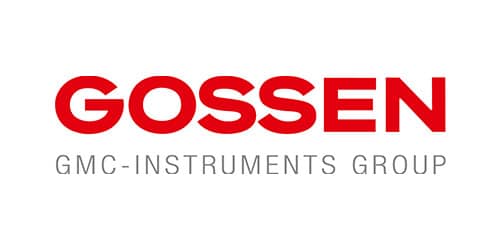
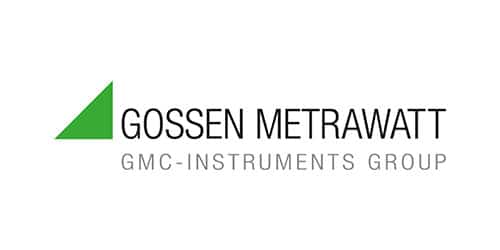
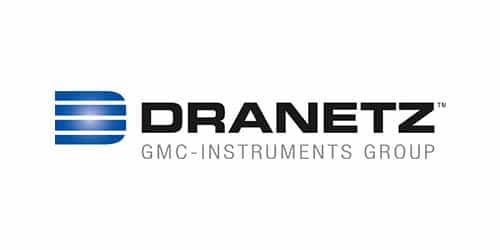


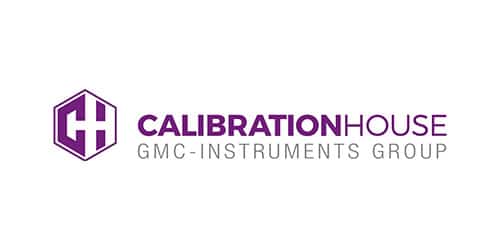
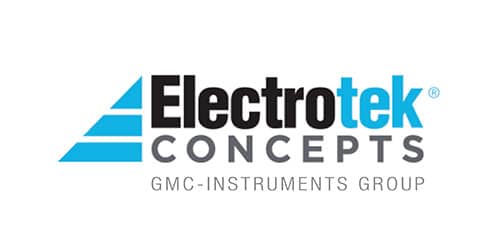
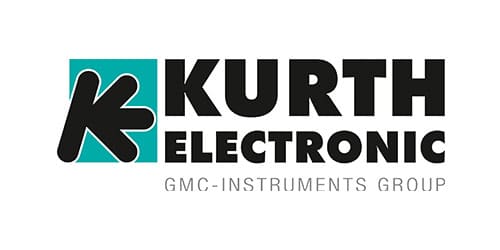
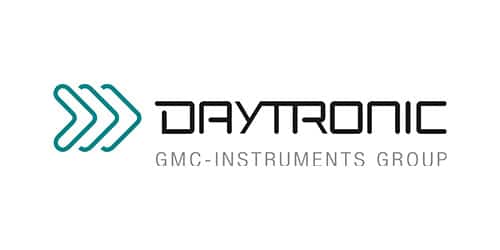
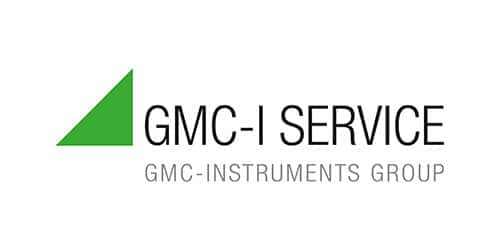

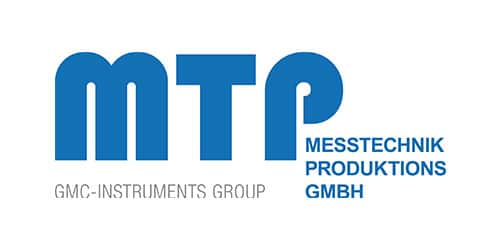
Sign up to our Newsletter.
Stay up to date with the latest industry and product news, as well as our free educational content such as webinars and our expert guides.
Close